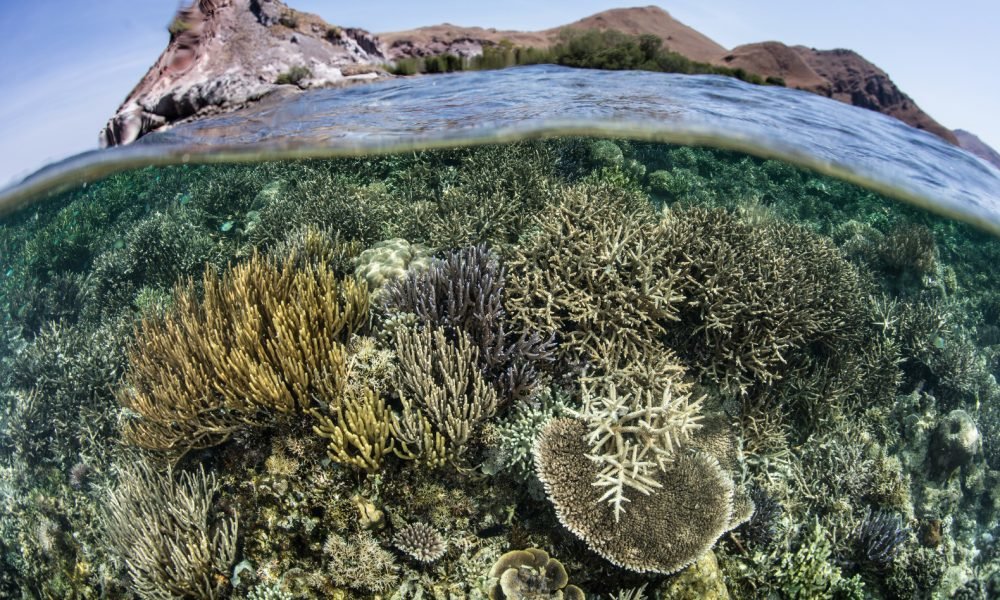
Is Your Sunscreen Habit Killing the Coral Reefs?

For years, dermatologists and researchers have advised us to use sunscreen generously whenever exposed to the harsh UV rays of the sun and now the fear of getting skin cancer is so thoroughly ingrained in our psyches that it feels like a moral obligation to slather up with the thick, oily cream while sunbathing at the beach or snorkeling in the water.
After the introduction of water-proof sunscreen ago and increase in sun-safety awareness which recommends liberal application of an SPF50 broad spectrum sunscreen every two hours while in the sun, its almost impossible to miss the distinct smell of sun block chemicals at the beach. Unfortunately, our sunscreen habit may protect us from skin cancer but it is destroying the marine ecosystem, according to a 2015 research.
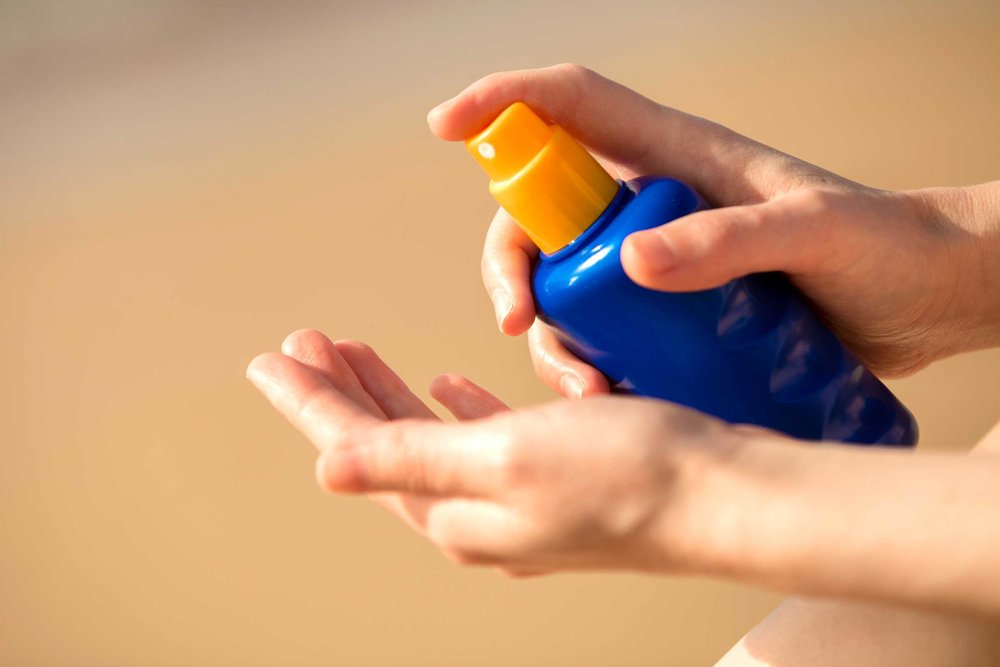
A recent study showed that octinoxate and oxybenzone, two chemicals found in most sunscreens, contribute to the destruction of marine ecosystem
Mass Coral Bleaching Events
The study showed that most sunscreens contain harmful chemicals like octinoxate and oxybenzone which may be effective in protecting our skin from sun damage but are extremely dangerous for the environment. Now, with states like Hawaii and Virgin Islands banning the use of sunscreen on the beach to save the marine ecosystem, people have a moral dilemma at their hand: save your skin or save the environment.
The extinction of Researchers of the 2015 study found out that oxybenzone and octinoxate is contributing to gradual ocean acidification which is the causing mass coral bleaching and disruption of marine life. Popular tourist beaches around Hawaii and Virgin Islands have shown higher concentrations of oxybenzone and octinoxate than the rest of the waters which has led lawmakers in the two states to ban sunscreens that contain poisonous non-biodegradable chemicals.
Hawaii May Become First Island State to Ban Sunscreens
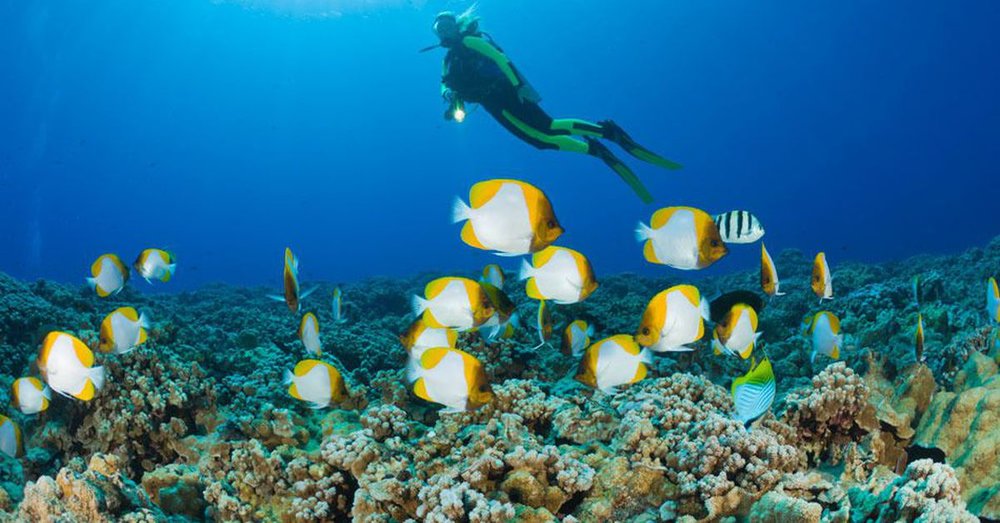
Tour companies and resorts on the islands have also launched awareness campaigns to promote the usage of coral-friendly sunscreens instead of the non-biodegradable ones. The National Park Services advises people to choose skin products carefully and support brands that make sunscreens using natural ingredients like zinc oxide or titanium oxide
Hawaii is currently considering banning the sale of non-biodegradable sunscreens from all retail stores within its borders and restocking the aisles with natural environment-friendly skin products. A bill passed by the Hawaii Legislature on May 1 regarding the banning of sunscreens, after they were deemed an environmental hazard by a recent study, is yet to signed by Governor David Ige. The ban, however, will apply only to products containing chemicals whereas brands that manufacture mineral sunscreens will still be able sell their products in the state.
The use of mineral sunscreens fell out of favor many years ago due to the way they can make you look after application. The natural components of these products leave a white coat on the skin which can make you look a little goofy while swimming or snorkeling in the water – but researchers say that it is better to look funny than to contribute to the destruction of coral reefs.
Making Environmentally-Conscious Choices
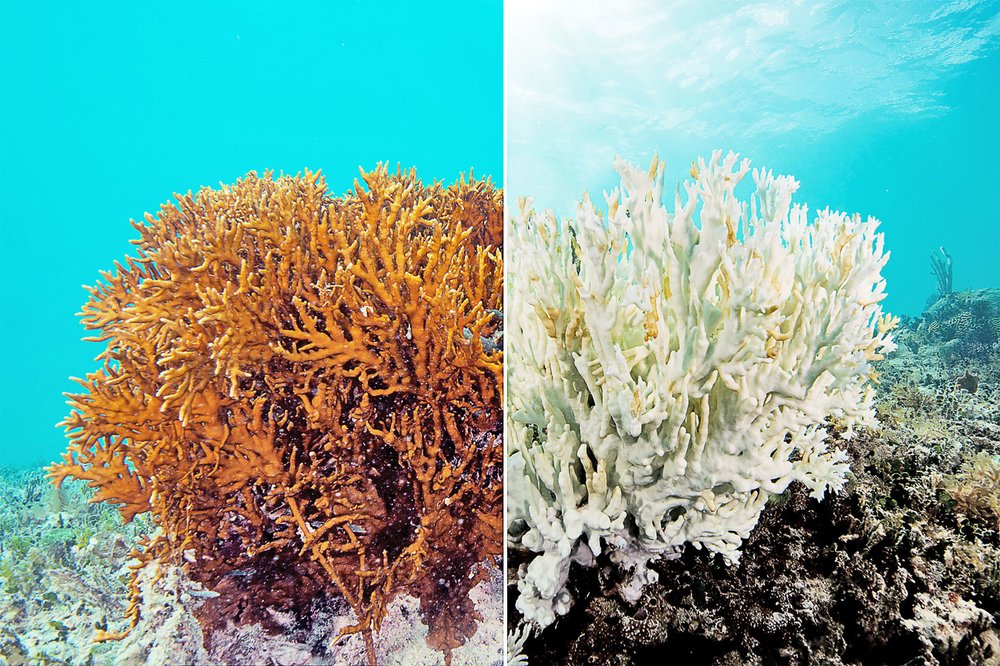
Biologists recommend the use of biodegradable mineral sunscreens for saving the environment and coral reefs
Biologist Nikki Traylor-Knowles says that every little contribution to save the corals matters because these species are already under attack due to a number of factors, the most pervasive one of them being climate change.
Traylor-Knowles says that as amazing as it sounds, a few people making the right sunscreen choice can have a huge impact on one of the biggest oceans in the world. Small coves and lagoons where most people love to snorkel in order to catch a glimpse of the beautiful marine ecosystem are at a greater risk of accumulating a large concentration of octinoxate and oxybenzone which triggers severe coral bleaching events. Most fish and mobile marine animals are able to swim away from areas that are concentrated in poisonous chemicals but corals are unable to relocate their habitat which is why it is up to humans to save them from dying.
Many island nations like Mexico have begun to follow in Hawaii’s footsteps by banning the use of chemical sunscreens and promoting mineral skin products. But what exactly are the environment and coral-loving tourists supposed to do in order to protect their skin from sun damage. Many experts advise using more layers of clothes and covering exposed areas of the skin with mineral sunscreen.
More in Medical Conditions
-
Check Your Sodium Intake—Not All Salts You Eat Are the Same
Salt is one of the most basic and most important ingredients in cooking. There are a lot of variants of salt...
November 1, 2023 -
Worried About Diabetes? Here Are Some Common Myths
There are several myths about diabetes that are frequently reported as facts. Diabetes misrepresentations can sometimes be harmful, leading to an...
June 29, 2023 -
Many Patients Pay Their Medical Costs Out Of Their Pockets – Even With Insurance
With rising inflation, it has become difficult for people to even fulfill their basic necessities. They are more concerned about how...
June 6, 2023 -
What Is The Right Weight For Kids And How To Gain Weight Healthily
Keeping your child happy and healthy is the primary concern of every parent. Parents usually focus on providing their young ones...
May 12, 2023 -
Thyroid Disorders in Children: What Parents Need to Know
Thyroid disorders are not limited to adults; they can also affect children. The thyroid gland produces hormones that play a crucial...
April 29, 2023 -
Should Doctors Attend To Patients With ‘Do Not Resuscitate Tattoos’?
Doctors at the University of Miami hospital were confronted with a dilemma when a 70-year-old unconscious man with a tattoo “do...
April 3, 2023 -
Your Antidepressant May Not Work If You Keep Doing This One Thing
People use social comparison to measure their self-worth. Social comparison has been in existence since time immemorial, and it is as...
April 1, 2023 -
Pro Tips on Preventing Hair Breakage While Keeping Your Hair Moisturized at Home
Every one of us is thinking a lot about how to forestall hair breakage and keep them moisturized at home. Since...
March 22, 2023 -
Planning to Travel After Retirement? This is the Best Medicare Coverage for You
Does Medicare insurance go with you once you are out of the country? It’s currently open enrollment period, and while planning...
March 14, 2023

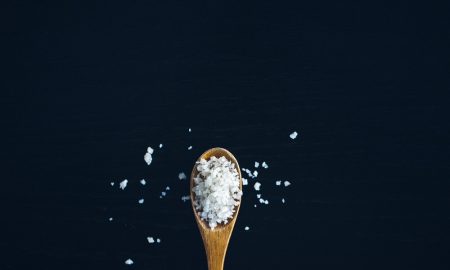













You must be logged in to post a comment Login